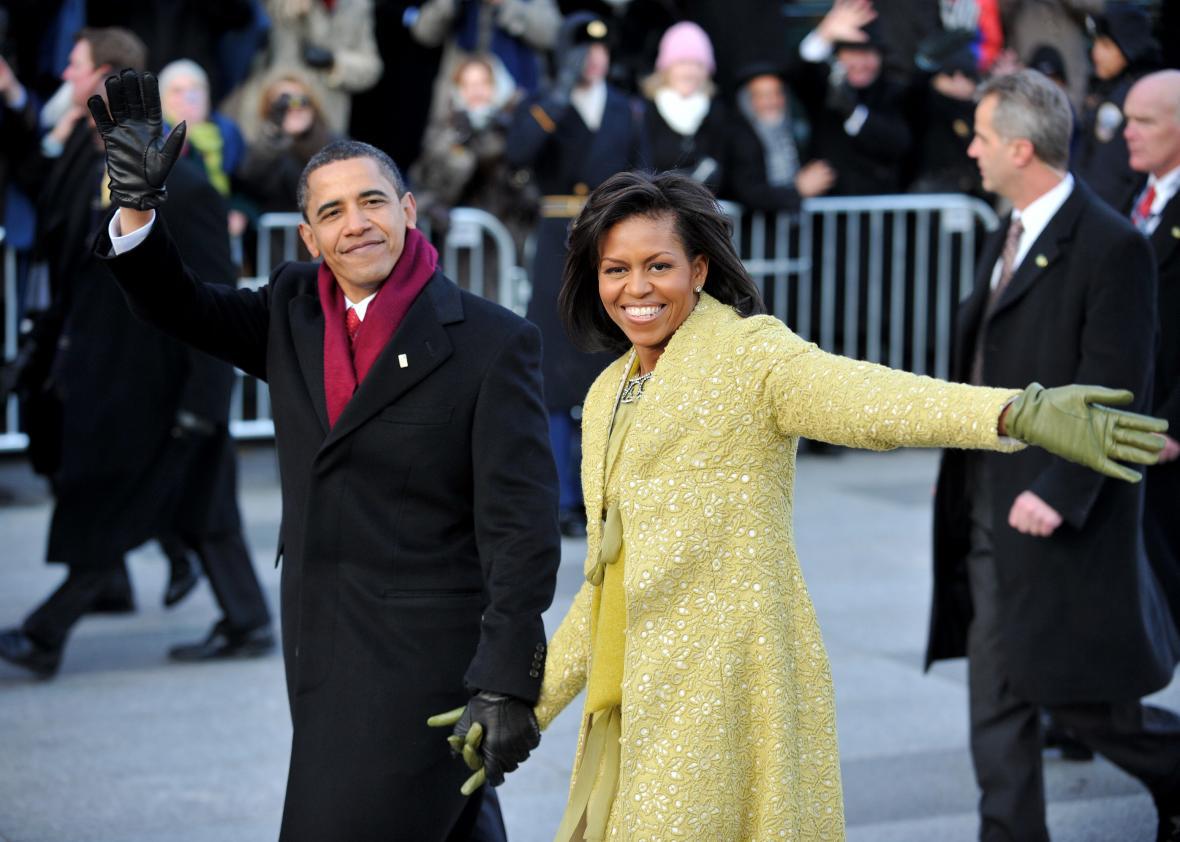Addressing authoritarian leaders on the “wrong side of history” in his 2009 inaugural address, President Obama vowed that “we will extend a hand if you are willing to unclench your fist.” The remark continued a theme from his campaign: Along with his opposition to the war in Iraq, it was Obama’s stated willingness to engage with hostile authoritarian governments that defined his foreign policy platform during the 2008 election. The stance distinguished him not only from George W. Bush and John McCain, but from his Democratic rival, Hillary Clinton. Years before she would help initiate the talks that led to today’s agreement, Clinton dismissed Obama as “irresponsible and frankly naïve” for saying he would be willing to meet personally with the leaders of countries like Iran, North Korea, Cuba, Syria, and Venezuela during his first year as president.
As it turns out, it took him a lot longer than a year to even dent that list. Obama promised the Iranian public a “new beginning” in an Iranian New Year message in 2009, but relations remained frosty with Mahmoud Ahmadinejad’s government, particularly after the crackdown on post-election protests that year. There’s been little in the way of engagement with North Korea. Obama has crossed paths with Hugo Chavez and his successor Nicolás Maduro at regional meetings, but relations with Venezuela have actually gotten more hostile.
Then there are the efforts that didn’t quite work out. The “reset” in relations with Vladimir Putin’s Russia was already strained by disagreements over the Middle East when Obama came into office, and now lies in wreckage in the battlefields of eastern Ukraine. A tentative effort at outreach to Bashar al-Assad, spearheaded by then-Sen. John Kerry, collapsed after the Syrian leader began his bloody crackdown in 2011. The jury is still out on the 2012 opening to Myanmar, which saw sanctions relief in return for democratic reforms and the release of prisoners. Lately the Burmese government has appeared to be backsliding on some of its commitments and has drawn international condemnation for its persecution of the Rohingya minority.
It’s only in the past few months that we’ve really seen the open hand that Obama promised in 2009, first in December with the restoration of diplomatic ties with Cuba after five decades, and now with today’s nuclear deal. After years of a foreign policy defined less by diplomatic outreach than the aggressive use of drones, a troop surge in Afghanistan, and new military interventions in Libya and Iraq (as well as the less-than-inspiring mantra “don’t do stupid shit”) we’re finally seeing something resembling the new approach to foreign policy that Obama campaigned on.
Of course, with just two years left until he hands the presidency over to either a Republican or a Democrat who called him naïve the last time around, he doesn’t have a whole lot of time to implement it.
